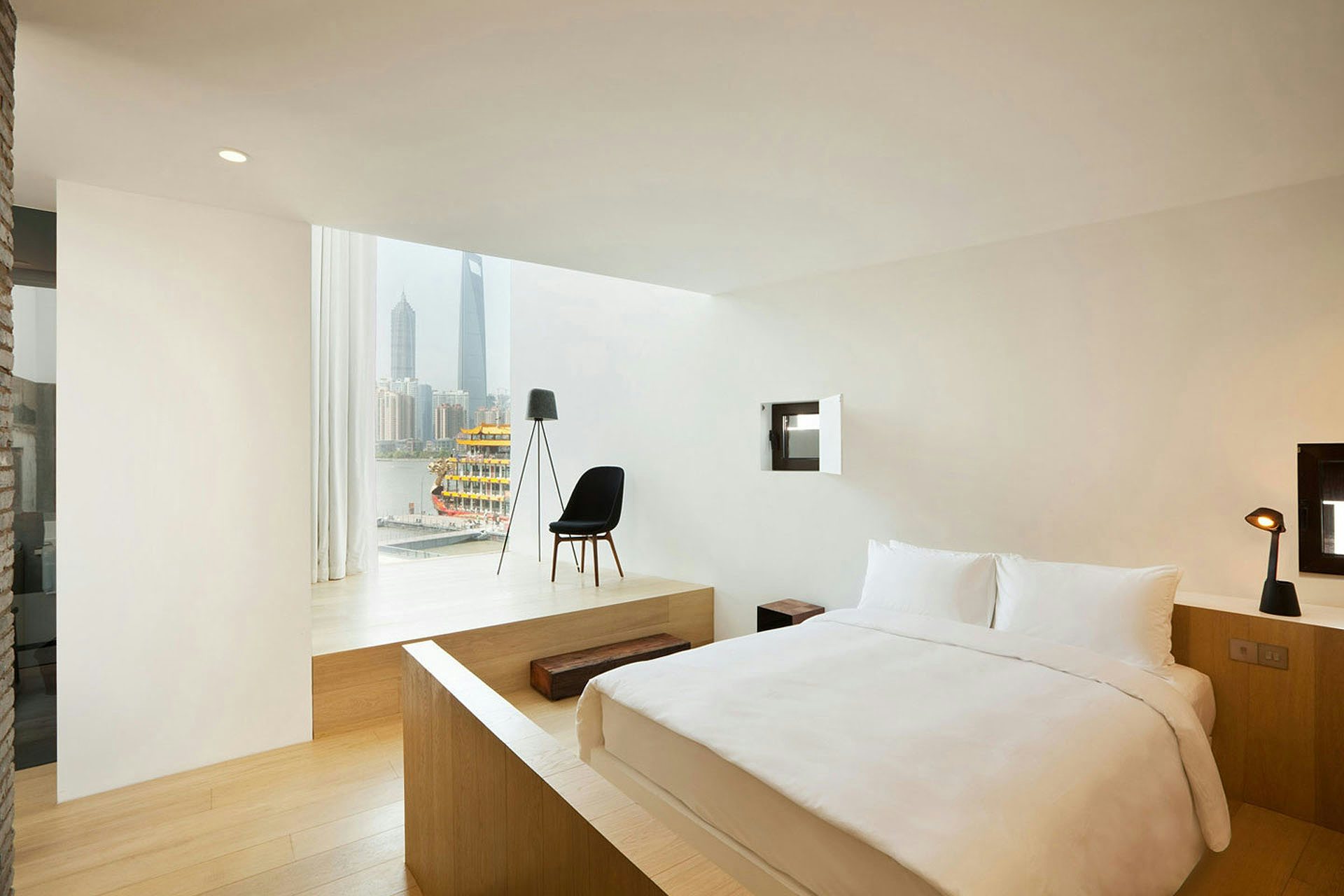In conjunction with the New York Times Luxury Travel Conference in Singapore, Jing Travel spent some time with Loh Lik Peng, founder and director of the Unlisted Collection, a collection of boutique hotels and restaurants with properties in Singapore, London, Shanghai, and Sydney.
Peng, at the time a corporate lawyer, oversaw the foreclosure of commercial buildings in Singapore during the 1997 Asian financial crisis, and at one point came across a unique building on Keong Saik Road in Singapore’s Chinatown that no one showed any interest in. Peng decided to acquire the building, and converted it into Hotel 1929, which became the first of his many boutique hotels that now make up the Unlisted Collection.
Since then, Peng has become a full-time hotelier and the Unlisted Collection has grown to include a multitude of hotels and restaurants. Among them, a range of interesting hotels with a lot of character can be found in what was once forgotten buildings in neglected neighborhoods. In 2010, the Unlisted Collection expanded into China with The Waterhouse at South Bund in the Shanghai docklands.
Nothing like other upscale hotels in China, The Waterhouse at South Bund’s design philosophy is described as follows:
The hotel’s design philosophy is based on a blurring or an inversion of internal & external spaces, creating a disorienting yet refreshing spatial experience for guests in search of something out of the ordinary. The public places allow glimpses into private rooms while the private spaces invite guests to peek into public areas. The result is a stay that both defines and distinguishes the visitor experience at The Waterhouse at South Bund.
To learn more about how Peng views the Chinese market and the changing behavior of Chinese travelers, Jing Travel reached out to him with a few questions.
How do you view the Chinese market? Do you see increasing interest among Chinese travelers to visit your hotels?#
The Chinese market is unavoidable and it is only going to expand and grow, in terms of raw numbers, spend and also sophistication. We have not seen large numbers of Chinese in our hotels, even in Shanghai. I think at the moment the large wave of outbound Chinese seek brands they know and understand and those with large enough budgets stay at brands like Shangri La and Peninsula because these are the mainstream luxury brands they understand. They have not really started to explore boutique or design type hotels yet but I think that is only a matter of time and it will be a generational shift.
Can you see any difference in preferences between Chinese travelers and other travelers? For instance, are some of your hotels disproportionally more popular among Chinese travelers—and vice versa?#
Our hotels don’t attract many Chinese so for us it is still a relatively niche market but plenty of other hotels are now designing their properties specifically to cater to the Chinese market.
You have been expanding outside Singapore—both in Europe, Australia, and China. Are there any special considerations at play when exporting your concept to China? How does it compare to other countries?#
We don’t make any particular or special provisions for Chinese guests or when we expanded into Shanghai. We design our hotels around the global citizen who appreciates authenticity, heritage, design and local connectedness. If our Chinese guests do happen to have the same values, they would appreciate our hotels anywhere in the world I suspect.
Perhaps somewhat similar to the situation in Singapore when you started, China is rapidly developing and unique buildings in underserved neighborhoods are being torn down in favor for shiny new buildings. Does that at all influence your interest in further expansion throughout China?#
Those types of development definitely do not interest me, but I have to say in their defense that this type of situation is changing. A younger generation is appreciating heritage and design much more and you do see activism to protect local landmarks nowadays. It’s not perfect but it's improving I would say.
How do you market your hotels in China? Do you use any special tools to encourage word-of-mouth marketing in China?#
We do make sure we participate in local events and we try to be part of the local lifestyle of the city. We also do plenty of local PR and make sure we are part of the conversation in the city’s scene. That way we hope to remain relevant.
